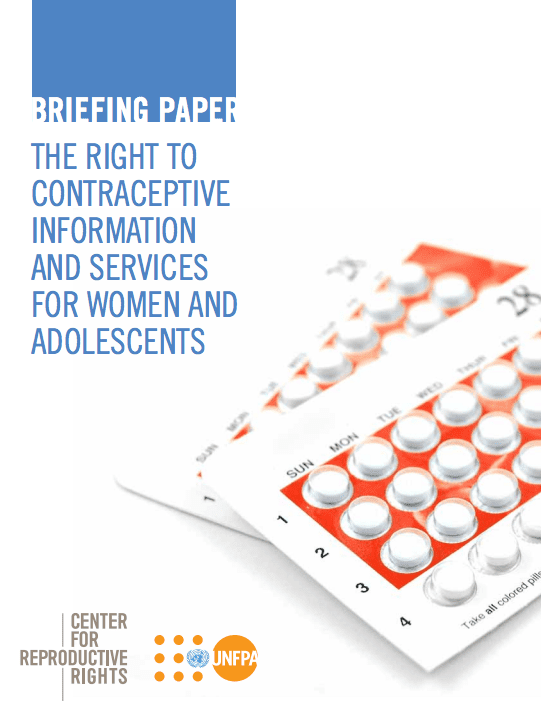Contraceptive Coverage for All: EPICC Act is Prescription for Women’s Equality
In the United States almost 50% of pregnancies are unintended. Contraceptive equity legislation could reduce the number of unintended pregnancies and the need for abortion by providing affordable and reliable contraception for women.
Women Deserve Contraceptive Coverage
The issue of contraceptive equity gained momentum when insurance companies in large number decided to cover the male impotence drug Viagra. Women’s groups argued that it was illogical to cover treatment of male sexual dysfunction without providing coverage for drugs and devices that would reduce the number of unwanted pregnancies.
| The Congressional Budget Office determined in 1998 that contraceptive coverage for federal employees would NOT cost the federal government additional money. | |
The Best of Contraceptive Equity Laws Meet Two Criteria: 2) The laws do not contain loopholes that weaken them and discriminate against women by permitting employers or health insurance plans to refuse coverage based on a religious view that their employees do not necessarily share. Contraceptive Equity Addresses Women’s Health Care Needs , , , , , Health insurers have maintained that contraceptive equity legislation will drive up the cost of health care coverage. , State Proposals Parallel Federal EPICC Legislation Increased attention to women’s health care heightened interest in The Equity in Prescription Insurance and Contraceptive Coverage Act (EPICC), sponsored in 2005 by U.S. Senator Olympia J. Snowe (R-ME) and sixteen co-sponsors Despite having been introduced in 1997, 1999, 2001 and again in 2005, EPICC has not become law, however. ,
1) The laws provide health care coverage for the full range of contraception needs by covering medical appointments and all FDA-approved drugs and devices,
Facts Refute Anti-Equity Misconceptions There has been resistance to contraceptive equity legislation from some groups that oppose abortion and contraception. These groups incorrectly claim that the Pill and IUDs induce abortion instead of preventing pregnancy.
Contraceptive Equity Laws in the States
There are twenty-three states with contraceptive equity laws in effect or that have been passed by state legislatures. For details on each state, see Contraceptive Equity Laws in the States. ,
State
Religious Exemption?
Arizona
Yes
Arkansas
Yes
California
Yes
Connecticut
Yes
Delaware
Yes
Georgia
No
Hawaii
Yes
Illinois
Yes
Iowa
No
Maine
Yes
Maryland
Yes
Massachusetts
Yes
Missouri
Yes
Nevada
Yes
New Hampshire
No
New Mexico
Yes
New York
Yes
North Carolina
Yes
Rhode Island
Yes
Vermont
No
Washington
No
West Virginia
Yes
Wisconsin (A.G. Opinion)
No
* Texas enacted a contraceptive equity law in 2001 but diluted the coverage mandate significantly with a 2003 enactment that allows insurers to offer plans that do not include the state-mandated benefits.
<

